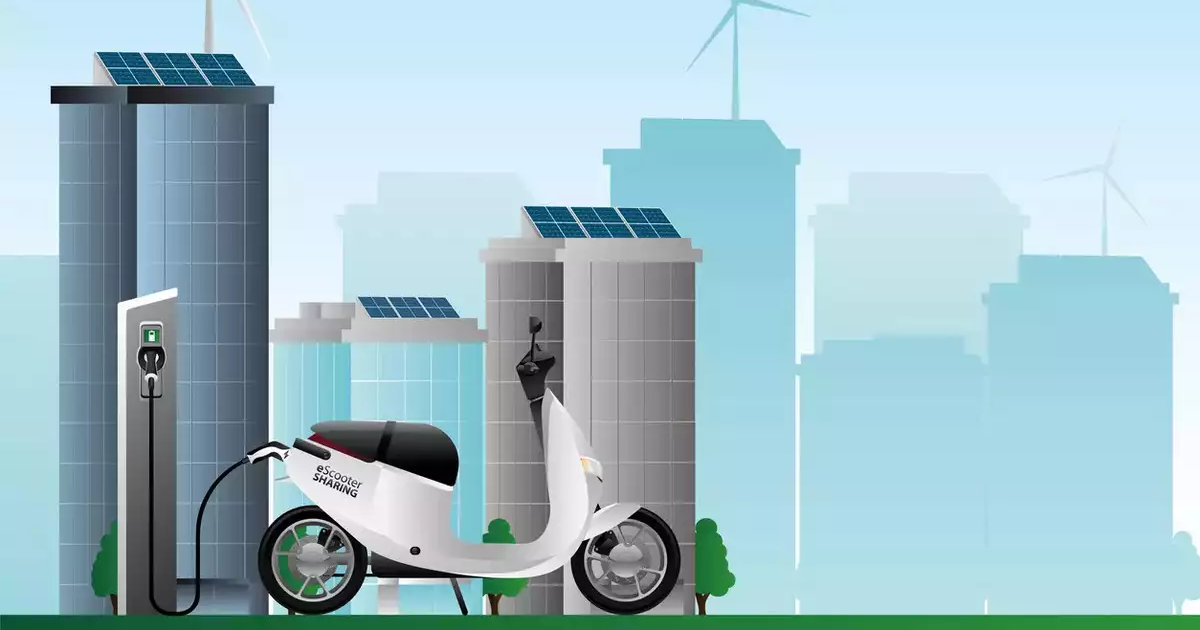The Society of Manufacturers of Electric Vehicles (SMEV), an industry body, has expressed concerns over the ongoing challenges with India’s Faster Adoption and Manufacturing of Electric Vehicles Phase II (FAME-II) scheme. SMEV stated in a letter to government think tank NITI Aayog that the “detrimental actions” taken by the government over the past year have “contaminated” the national e-mobility charter and negatively affected the electric vehicle (EV) industry.
SMEV criticized the Ministry of Heavy Industries’ actions, including withholding subsidies, demanding retrospective clawbacks of subsidies given in 2019, delisting companies from the National Automotive Board (NAB) portal, and the recent decision to slash subsidies. These actions are expected to impact sales and significantly delay EV adoption and penetration in the country. SMEV urged NITI Aayog to review the FAME-II policy in light of these concerns.
The issues surrounding the FAME-II policy emerged in August last year when the Ministry of Heavy Industries focused on promoting domestic manufacturing and local value addition in EV components. Several companies, including Hero Electric, Okinawa Autotech, Revolt, and Ampere Vehicles, faced probes for alleged violations of minimum localization norms. Additionally, Ola Electric, Ather Energy, TVS, and Hero MotoCorp were accused of keeping vehicle prices artificially low to claim FAME-II subsidies, resulting in an agreement to refund customers.
The FAME-II scheme, launched in 2019 with a total budget of INR 10,000 crore, aims to support the adoption of 10 lakh electric two-wheelers, 5 lakh electric three-wheelers, 7,000 e-buses, and 55,000 electric four-wheeler passenger cars through subsidies. However, recent misappropriation of subsidies led to the government reducing incentives from 40% to 15% of the ex-factory price of electric two-wheelers, and demand incentives were cut from INR 15,000/kWh to INR 10,000/kWh.
SMEV stated that the “triple whammy” of subsidy blockades, clawback notices, and an embargo on future sales is undermining the FAME-II policy. The organization emphasized that the scheme has deviated from the principles of inclusivity and accessibility, transforming into an “elitist program” and neglecting NITI Aayog’s original vision for mass movement in e-mobility.
The adverse impact of the FAME-II conundrum has resulted in struggling OEMs, wary investors, withdrawal of banks, employee departures, rising debts, and imminent closures, according to SMEV. While premium EV players like Ola Electric and Ather Energy continue to gain market share, low-end commuter scooters from companies like Hero Electric and Okinawa Autotech have witnessed declining sales.
Although the government is considering suggestions for a new version of the scheme, FAME-III, SMEV expressed skepticism about potential further reductions in subsidies. Industry players are advised to focus on developing robust business models and rely less on government support. To ensure the sustainable and productive implementation of future policies, SMEV called for direct consumer benefits and incentives in the EV ecosystem.



![[CITYPNG.COM]White Google Play PlayStore Logo – 1500×1500](https://startupnews.fyi/wp-content/uploads/2025/08/CITYPNG.COMWhite-Google-Play-PlayStore-Logo-1500x1500-1-630x630.png)